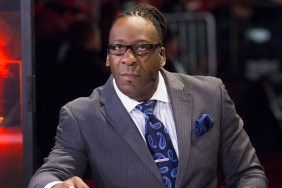Hello everybody, and welcome to another edition of Reading Between the Ropes. Men like Barry Bonds, Brett Favre, Tiger Woods, and Wayne Gretzky all share the distinction of carrying around the label of ‘legend’ in their sports. What persuaded fans of their chosen pastime to call them such was talent, determination, a will to succeed, and that x-factor, which sets them apart from others.…







